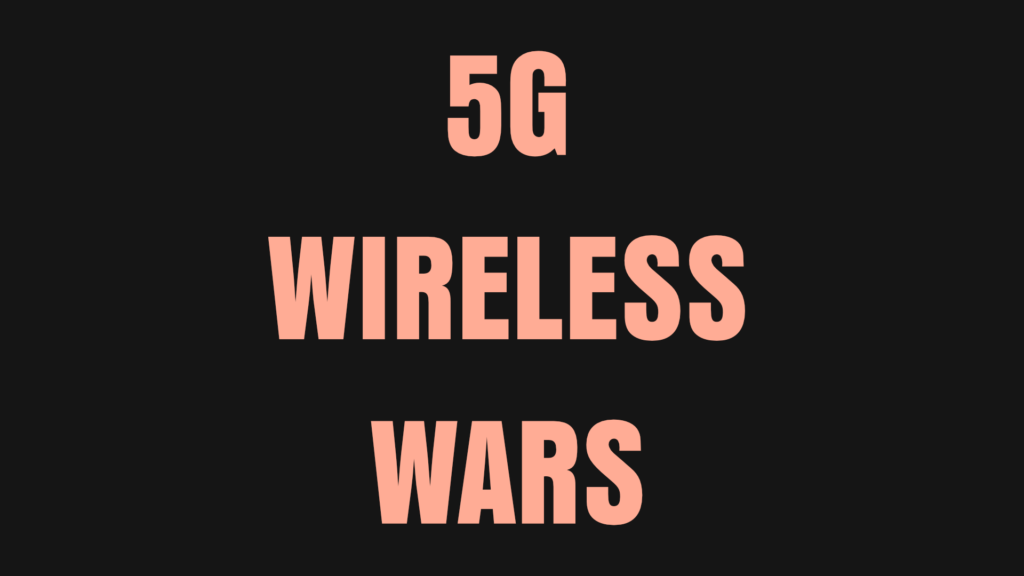(5G) Wireless Wars – Book Review
‘Wireless Wars – China’s Dangerous Domination of 5G and How we’re Fighting Back‘ is a book written by Jonathan Pelson. Since I read this book recently, I thought why not review it on my tech blog, here?
Up to even the late 90s, it was very difficult to compete with the dominant innovators/ manufacturers/ service providers in the wide-area wireless/cellular network industry. Manufacturing and deploying the switches, radio systems, and control units was very difficult and it needed big long-term investments + top talent.
How did a company from China (Huawei) manage to not just set a foothold in this lucrative industry, but today dominate the entire 5G wireless communications backbone? This is one of the points that the author tries to explore in this book. I like the way the author explains the history of mobile communications networks and why the dominant industries in this space folded up, one by one.

Just imagine – what would you do if you were a startup and wanted to disrupt the major players in an industry? You’d try to build better technology, and reduce the prices drastically – right? OK. But if you cannot build better technology immediately, then deep discounting is your only option.
Being a startup, how long can you survive by selling your wares at low prices? At some point, once you gain market share, you’ll try to sell your products at a higher price to make a decent profit – won’t you?
Did this happen in the wide-area wireless communications industry? How and why did one company gain a huge market share although it may have lost a lot of money doing that? If the goal is not profit, who is backing this company and what might they want?
We should also remember that in many places, critical internal communications (like that of senior bureaucrats and armed forces) are carried through public communication networks. If these networks are installed and run by a company from a different country with different values, how secure are these? Have there been any security issues in the past?
These are some of the points that the author deftly communicates through this book.
5G
The author says that 5G is a different beast. Since exponentially more IoT (Internet of Things) devices will connect to the net via 5G, the security risk and exposure are much higher.
Can anything be done to avoid a monopoly (well, almost) in creating 5G networks? Yes!
There are technologies like Open-RAN that enable mobile network architectures to use non-proprietary multi-vendor components in a virtual or containerized fashion. The use of cloud technologies will further ensure that there is no single-vendor lock-in.
Although the book is very informative, I feel it is still one-sided. I would love to read the perspective of the other side too, to get a more balanced perspective. If you are connected to building 5G mobile network architectures, do read this book. You’ll find a few alternatives that might benefit you immensely.